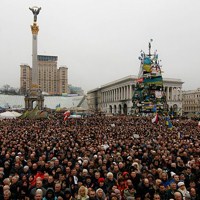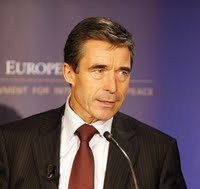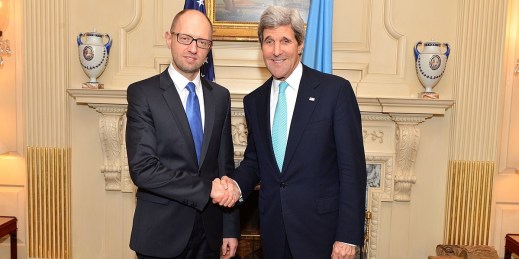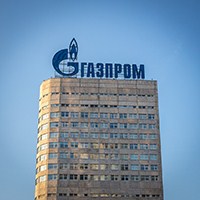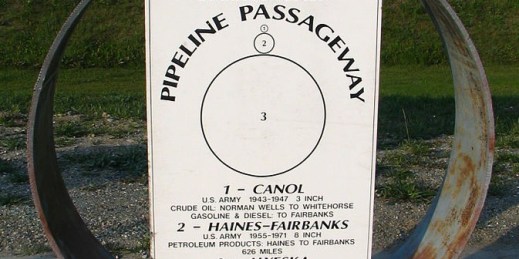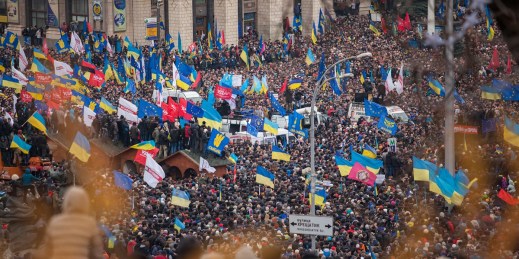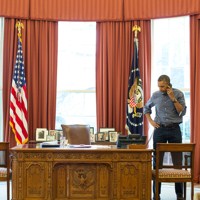
The Ukraine crisis has once again highlighted a fundamental weakness of the U.S. national security process: its inability to hold to long-term planning in the midst of short-term crises. The entire Crimea imbroglio has been a gift to China’s leaders, further delaying the vaunted U.S. “rebalance” toward Asia. At the beginning of 2014, with war over the use of WMDs in Syria off the table, the prospects for a long-term troop presence in Afghanistan looking dim and a settlement with Iran over its nuclear program possibly within reach, it seemed that, at long last, Washington might finally begin to match […]



